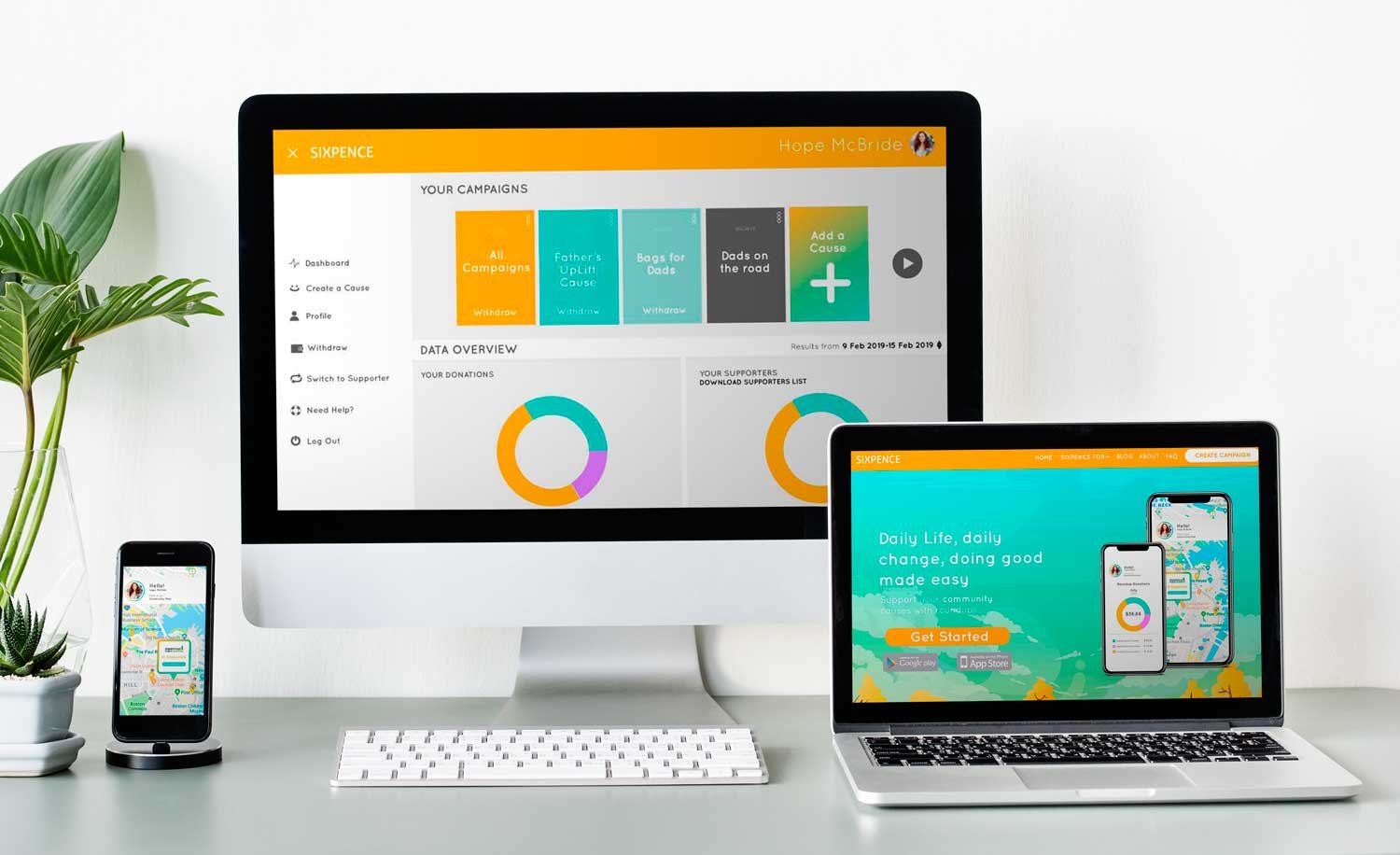The Irony of Futility Thinking
We live in a world where medical treatments can cost hundreds of thousands of dollars. Nearly half of humanity lives on less than $2.50 a day. There are 22.5 million refugees. The problems are colossal, and so are the costs to fix them. Because of this, humble personal donations can feel like a useless drop in the ocean, paralyzing us into inaction: “I can’t make change with ‘this’ much money. So why bother donating?”

An Ironic Trick of the Mind
Everyone, at some point or another, has had their generosity limited in some way by this ironic effect. I even caught myself following this line of thinking a week ago when I came across two very talented street performers. I reached into my pocket to see what cash I had to contribute for their time, discovered I only had two bucks, and put it back in my pocket. That’s when I realized the obvious: two dollars from me is still more than zero from me. So I took those two dollars back out of my pocket and dropped them in the performers’ guitar case. This failure to give just because we feel we can’t contribute “enough” can kill great movements before they can even begin, and it’s a well-known issue in the realm of fundraising.
This psychology is called “futility thinking.” Researchers created a study to illustrate this concept: They told study participants that refugees in a camp needed aid, and that monetary donations could save lives. In one instance, participants were told they could save 1,500 refugees out of 5,000. In another instance, they were told they could save 1,500 refugees out of 10,000. Participants were more willing to rescue 1,500 refugees from the group of 5,000 than the group of 10,000 because their contribution felt more significant. Helping 30% of refugees sounds better than 15%. But at the end of the day, 1,500 people would have been saved regardless of the percentage.
The Secret Power of Small Contributions
“The man who moves a mountain begins by carrying away small stones.” – Confucius
When faced with big pools, we view our input as tiny in comparison. But our united giving is tremendous: Individuals contributed 72% of charitable giving in the United States in 2017 — the other 28% being from corporations, bequests, and non-profits. If we all always had the futility thinking mindset, the world would be a darker place.
Small amounts of money can also save in more tangible, immediate ways. Take, for example, the story of Shane Patrick Boyle, who died of diabetic ketoacidosis just $50 short of his $750 goal to crowdfund his insulin needs. If 10 people had donated just $5, he might be living today. Do you have $5 in spare change lying around your house?
How Sixpence Helps
“Nothing can be done except little by little.” - Charles Baudelaire

When asked to go out of our way to donate, we often think the value of our time and energy doesn’t match with the degree of effect the money would make. Or we’re embarrassed about how little we can give. So, we simply don’t give.
At Sixpence, we’re working to make crowdfunding quick and simple so we can minimize the psychological phenomena of “futility thinking.” Our users can easily “subscribe” to roundups on a campaign page — each debit card purchase will round up to the nearest dollar and help a good cause. Roundups can be ended at any time.
Because card usage frequency decides your donation amounts rather than a concrete number you plug in, there’s no reason to feel self-conscious about how much you give. You’re simply going about your day as you typically would, and supporting meaningful causes along the way.
There are millions in need, but there are also millions with money to donate. Spare change to you could be real change for someone else. Enough 25¢ roundups can hit any target, whether it’s $100 or $100k.
Change is powerful.


